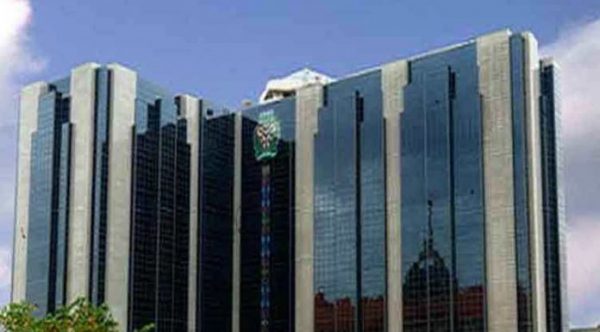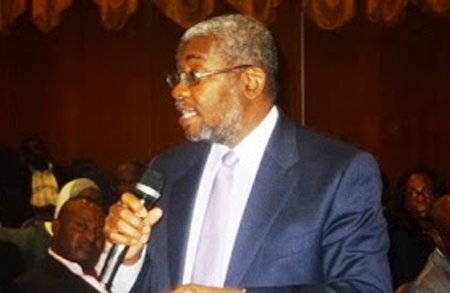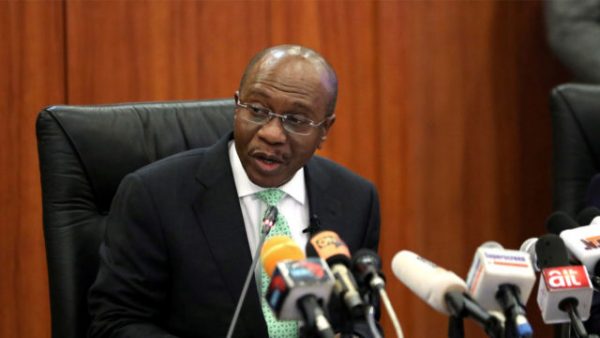CBN gives 15 microfinance banks new licences
 No fewer than 15 microfinance banks commenced operations in the country after getting new licences from the banking regulator between February 13, 2019 and December 2019, findings have revealed.
No fewer than 15 microfinance banks commenced operations in the country after getting new licences from the banking regulator between February 13, 2019 and December 2019, findings have revealed.
The Central Bank of Nigeria had earlier disclosed that the number of microfinance banks licensed in the country stood at 898 as of February 13, 2019.
In its newly released list on the recognised microfinance banks, the apex bank disclosed that the figure had risen to 913 as of the end of December 2019.
The MFBs had however been making moves to meet the recapitalisation requirements of the CBN.
In a circular in March 2019, the CBN had stated that the Tier 2-unit microfinance banks must have a minimum capital of N50m, while Tier 1 would maintain the N200m minimum capital introduced for unit microfinance banks in October 2018.
It stated that Tier-1 unit microfinance banks must meet a N100m capital threshold by April 2020 and N200m by April 2021.
Tier-2 unit microfinance banks, it added, must meet a N35m capital threshold by April 2020 and N50m by April 2021.
The CBN stated that state microfinance banks must increase their capital to N500m by April 2020 and N1bn by April 2021.
The CBN recently issued the revised supervisory and regulatory guidelines for micro finance banks in Nigeria to support the development and sustainability of the sector.
The regulation said, “The need to reposition and strengthen the MFB towards improved performance had become apparent as revealed from the report of a recent review of the subsector.”
The CBN stated that an MFB would be allowed to engage in acceptance of various types of deposits including savings, time, target and demand deposits from individuals, groups and associations, provision of credit to its customers and provision of housing micro loans.
It stated that they could provide ancillary services such as capacity building on record keeping and small business management and safe custody, and issuance of debentures to interested parties to raise funds from members of the public with the prior approval of the CBN.







